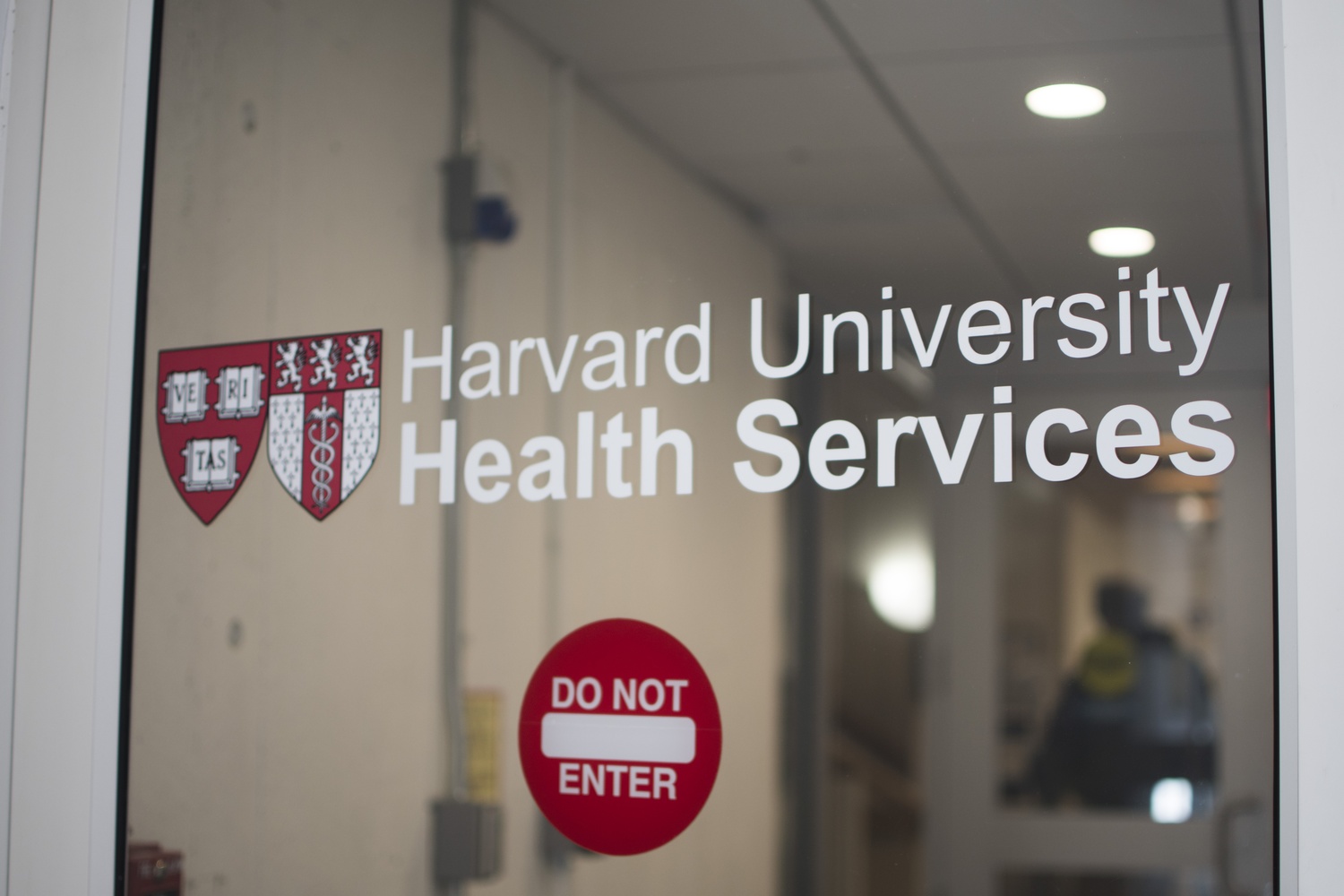
News
News Flash: Memory Shop and Anime Zakka to Open in Harvard Square

News
Harvard Researchers Develop AI-Driven Framework To Study Social Interactions, A Step Forward for Autism Research

News
Harvard Innovation Labs Announces 25 President’s Innovation Challenge Finalists

News
Graduate Student Council To Vote on Meeting Attendance Policy

News
Pop Hits and Politics: At Yardfest, Students Dance to Bedingfield and a Student Band Condemns Trump
Healthcare Literacy in the Wake of HUHS Changes
Harvard University Health Services will no longer see patients between the hours of 10 p.m. and 8 a.m. Instead, patients will be directed to an urgent care line to speak to a tele-nurse, who can offer counsel and instructions if further steps are required. HUHS has piloted the tele-nurse system for a semester — a pilot that HUHS Director Paul J. Barriera said has convinced administrators of its viability as an in-person urgent care replacement. Furthermore, HUHS officials cited the fact that Urgent Care sees very few patients at night and many of these patients are sent to the emergency room anyway as reasons behind the decision.
Nevertheless, this change should not be written off as insignificant, especially for students who may not have as much experience navigating the healthcare system. HUHS should use this opportunity to reflect on how little many students may know about health insurance, personal health management, and the benefits they do and do not have access to. As many people on campus come from different backgrounds and have different levels of health literacy and access, we hope HUHS presents this change in services clearly and publicly.
Many students may have grown accustomed to solely relying on HUHS for their medical services. In the case that students find themselves needing to visit a non-Harvard medical provider during the night, it would serve them well to be knowledgeable on what to expect in terms of costs and patient rights. Accordingly, HUHS should step up and outline what students can expect in these settings, as well as what services different insurances might entitle them to. While tele-nurses may be able to provide information in the moment, students should feel like they are empowered with this knowledge in advance of any potential emergencies.
It’s also important to consider this service change in light of ongoing concerns about student substance use. For example, college may present students with their first experiences consuming alcohol. HUHS should take this opportunity to provide students with more information about what they should expect in the event that they end up at a non-Harvard medical facility for alcohol poisoning or other substance-related issues.
The emergency room may seem like a scary place to undergraduates, especially those with financial concerns, but we encourage students to not shy away from seeking necessary physical and mental health services. The University should make sure that all students feel comfortable and safe seeking medical services.
This change in HUHS policy serves as a good opportunity for the University and HUHS to think about healthcare literacy on our campus. While that may not (necessarily) entail reading Foucault or solving the world’s greatest math puzzle, this sort of education is an essential part of being a well-informed and empowered citizen.
This staff editorial solely represents the majority view of The Crimson Editorial Board. It is the product of discussions at regular Editorial Board meetings. In order to ensure the impartiality of our journalism, Crimson editors who choose to opine and vote at these meetings are not involved in the reporting of articles on similar topics.
Want to keep up with breaking news? Subscribe to our email newsletter.
From Our Advertisers

Over 300+ courses at prestigious colleges and universities in the US and UK are at your disposal.

Where you should have gotten your protein since 1998.

Serve as a proctor for Harvard Summer School (HSS) students, either in the Secondary School Program (SSP), General Program (GP), or Pre-College Program.

With an increasingly competitive Law School admissions process, it's important to understand what makes an applicant stand out.

Welcome to your one-stop gifting destination for men and women—it's like your neighborhood holiday shop, but way cooler.

HUSL seeks to create and empower a community of students who are seeking pathways into the Sports Business Industry.

